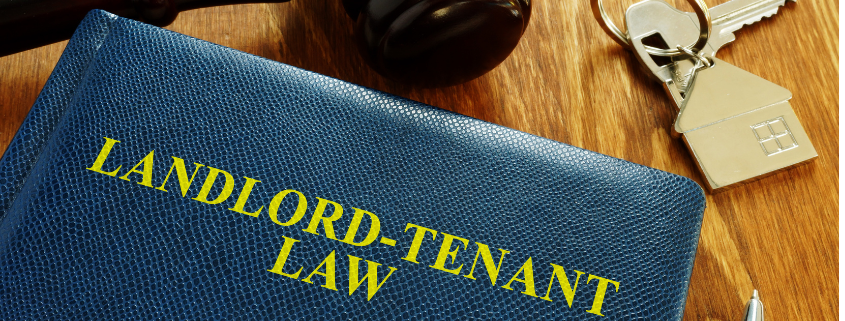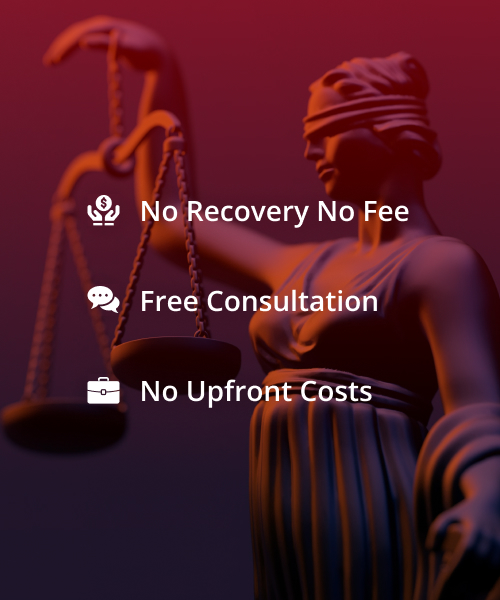- Free Case Evaluation: (305) 577-3777 Tap Here to Call Us
Is My Landlord Liable for My Injury on His Property?

Whether a landlord is legally responsible for a tenant’s injury depends on the situation. Florida law states that, generally, a negligent landlord is liable for foreseeable injuries that occurred because they had an obligation to address a potentially dangerous situation but failed to do so. Like all personal injury claims, the devil is in the details.
What are a Landlord’s Obligations Towards Their Tenants?
Negligence law typically holds that if someone was obliged to protect someone, but they failed to do so, or did so incompletely or incorrectly, and the person’s injured as a result, they’ll be responsible for compensating the accident victim for their injuries.
Florida law requires landlords and property management companies to:
- Sufficiently maintain the property to protect tenants.
- Make sure the property meets housing, building, fire, and health codes,
- Check a new tenant’s unit to see if porches, floors, balconies, stairs, and handrails are safe and secure. Plumbing, electrical service, windows, and doors must be checked.
- Repair and maintain the property before a tenant moves in or in a reasonable amount of time after learning of needed repairs or maintenance.
If a tenant is injured because their landlord failed to meet these obligations, the landlord may be responsible for paying the tenant for the harm caused. Some examples of such injuries include fall injuries due to a defective staircase handrail giving way, burns caused by a fire due to an overloaded electrical service, or injuries caused by a fellow tenant the landlord knew was violent.
When is a Landlord Liable for Injuring a Tenant?
To establish a landlord’s liability for a personal injury, the victim must prove that:
- The landlord had a duty to maintain or repair where the accident happened.
- The landlord failed to take reasonable steps to prevent the accident from occurring.
- The accident and injury were foreseeable, and the injury is a predictable consequence of the landlord’s failure to act or address the problem sufficiently.
- The landlord’s negligence caused the tenant’s accident and injury.
- The tenant incurred damages (harm measured in dollars).
An injured tenant may file a claim with the landlord’s insurance carrier to collect compensation for their damages and file legal action against the landlord if the parties can’t resolve the claim.
How Would an Insurance Claim or Lawsuit be Evaluated?
Issues an insurer, judge, or jury would consider include:
- Who had control over the dangerous condition? Was it in a common area that the landlord was obligated to keep safe?
- Did the landlord know about a hidden danger and fail to warn the tenant? If so, they’re probably liable.
- How predictable or foreseeable was the accident and resulting severe injuries? The more likely the accident and injuries, the more likely the landlord will be responsible.
- How much of a burden would the landlord bear in reducing the danger? Liability is more likely if the repair is simple and inexpensive or if an adequate warning would address the issue.
- Did the landlord take reasonable steps to prevent the accident? If so, liability is less likely.
- Can the tenant prove the landlord’s negligence caused the injuries? Are there text messages or emails from the tenant warning the landlord of the problem? Did witnesses see the accident? Are there videos or photos of the dangerous conditions causing the accident?
Facts are the foundation of personal injury claims, including those involving landlords.
Contact Our Miami Injury Team
If you are a tenant injured by your landlord’s negligence, contact Jeffrey R. Davis, P.A., to learn more and discuss your legal rights and how to receive compensation. Obtain your free case review by calling (305) 577-3777 to speak with an attorney. Our lawyers will talk with you in English or Spanish/Se Habla Español.









